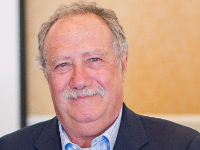
»Center for Demographics and Policy
"Demographics is destiny" has become somewhat of an overused phrase, but that does not reduce the critical importance of population trends to virtually every aspect of economic, social, and political life. Concern over demographic trends has been heightened in recent years by several international trends — notably rapid aging, reduced fertility, and large-scale migration across borders. On the national level, shifts in attitude, generation, and ethnicity have proven decisive in both the political realm and in the economic fortunes of regions and states.
The Center focuses on research and analysis of global, national and regional demographic trends and explores policies that might produce favorable demographic results over time. In addition, it involves Chapman students in demographic research under the supervision of the Center’s senior staff. Students work with the Center’s director and engage in research that will serve them well as they look to develop their careers in business, the social sciences, and the arts. They also have access to our advisory board, which includes distinguished Chapman faculty and major demographic scholars from across the country and the world.
Read the Latest Publications and Reports
Advisory Board
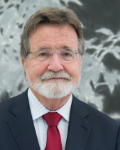
Howard Ahmanson, Jr.
____________________________________________________________
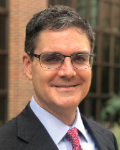
Cullum Clark
____________________________________________________________
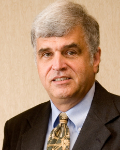
Wendell Cox
____________________________________________________________
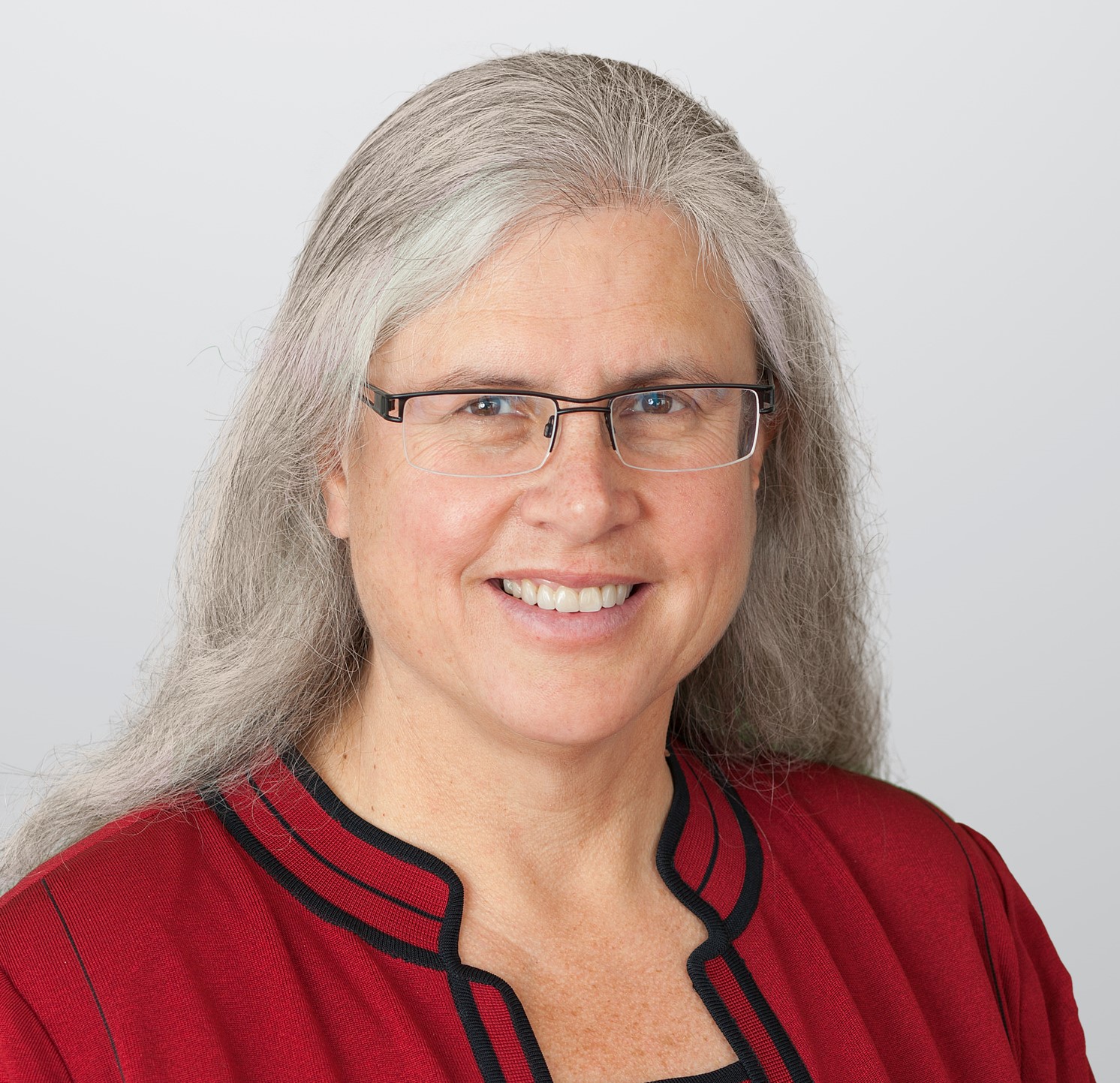
Jennifer L. Hernandez
____________________________________________________________
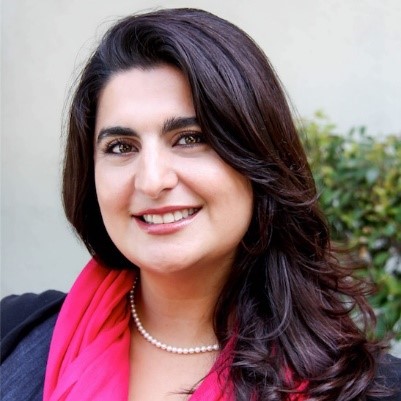
Karla López del Río
____________________________________________________________
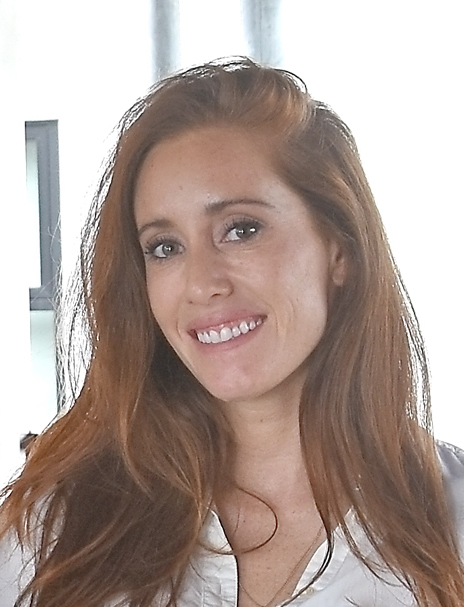
Soledad Ursúa
____________________________________________________________
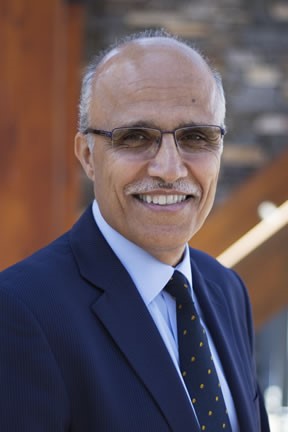
Ali Modarres
____________________________________________________________
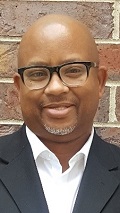
Pete Saunders
____________________________________________________________
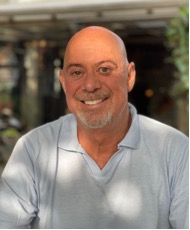
Joel Farkas
____________________________________________________________
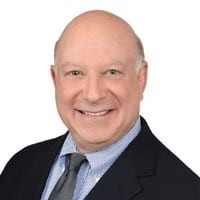
Marshall Toplansky
____________________________________________________________
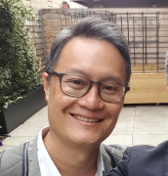
Thomas Tseng
____________________________________________________________

Morley Winograd
Morley Winograd is an author and speaker who delivers candid information and insights on engaging millennials. His predictions and often pithy analyses have appeared in (or on) The New York Times, The Today Show, CNN, USA Today, PBS NewsHour, NPR, Barron's, Forbes, Reuters, and Unicision. He is the co-author, with Michael D. Hais, of three highly acclaimed books, "Millennial Majority" and "Millennial Makeover". They published their fourth book with Doug Ross earlier this year, "Healing American Democracy". He is also a Senior Fellow at the University of Southern California's Annenberg School's Center on Communication Leadership and Policy.Thank you to our generous donors!
Roger C. Hobbs
Howard Ahmanson
Irving M. Chase
Ron Spogli
Andrew Segal
Joel Farkas
Steve Hilton
Jennifer Hernandez
Northgate Gonzalez LLC
Southern California Gas Company
